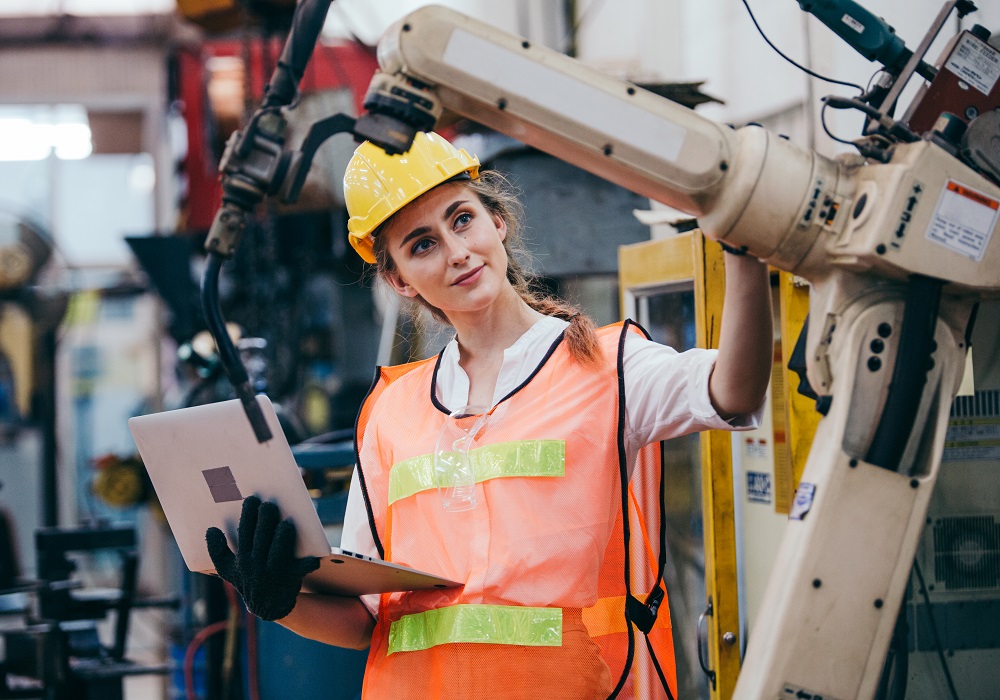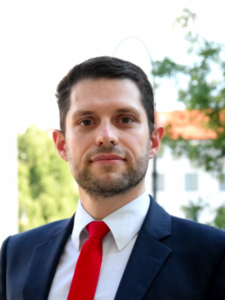The Future Council of the Federal Chancellor discusses proposals for Germany as an innovation hub

Berlin, 08 December 2022
On Wednesday, Federal Chancellor Olaf Scholz hosted the second meeting of the Future Council. Together with Research Minister Bettina Stark-Watzinger, Head of the Federal Chancellery Wolfgang Schmidt and State Secretary at the Federal Ministry for Economic Affairs Udo Philipp, he met with representatives of industry, science and society in Berlin. The three-hour discussion focused on the innovation potential of robotics and electrolysers as well as a regulatory framework that is more conducive to innovation.
The second meeting of the Future Council turned the spotlight on the topics of robotics and electrolysers and dealt with fundamental issues of innovation.
The Future Council placed the emphasis on two main areas of transformation. Firstly, it shed light on the innovation potential and market developments in the field of AI-based robotics and placed it in the context of resilience and technological sovereignty. The members of the Future Council agreed that AI-based robotics holds great potential especially for mechanical and plant engineering in Germany – particularly in regard to the broad spectrum of demands in industrial sectors with German strengths, but also in the human-centred field of home applications and for care settings. Mastery of this key technology is, they said, also a matter of competitiveness and the positioning of the country as an innovation hub.
Secondly, the manufacture and operation of electrolysers in Germany were discussed as a central component of a hydrogen economy. The participants welcomed the federal government’s current initiatives to strengthen the hydrogen economy in Germany against the backdrop of agreed climate targets, dependencies on resources and geopolitical challenges. Remaining barriers, such as regulatory obstacles to the construction and operation of electrolysers, and the question of how capacities can be scaled up quickly, should be addressed urgently to facilitate competitive business models in Germany.
The participants welcomed the planned legislation for regulatory sandboxes by the federal government and called for a swift implementation of the legislative initiative.
The agenda of the Future Council of the Federal Chancellor is prepared by a committee office within acatech.
The members of the Future Council from industry, science and society are:
- Prof. Dr. Dr. Ann-Kristin Achleitner | TUM Distinguished Affiliated Professor at the Technical University of Munich
- Prof. Dr. Stefan Asenkerschbaumer | Chairman of the Supervisory Board of Robert Bosch GmbH
- Prof. Dr. Frau Irene Bertschek | Head of the ZEW Research Unit “Digital Economy”; Member of the Commission of Experts for Research and Innovation (EFI)
- Dr. Martin Brudermüller | Chairman of the Board of Executive Directors of BASF SE
- Yasmin Fahimi | Chairperson of the German Trade Union Confederation (DGB)
- Dirk Hoke | CEO of Volocopter
- Prof. Dr. Henning Kagermann | Chairman of the acatech Board of Trustees
- Christian Klein | CEO and Member of the Executive Board of SAP SE
- Dr. Tina Klüwer | Director AI at K.I.E.Z.
- Prof. Dr.-Ing. Reimund Neugebauer | President of the Fraunhofer-Gesellschaft
- Prof. Dr. Bettina Schöne-Seifert | Professor of Medical Ethics at the University of Münster
- Prof. Dr. Martin Stratmann | President of the Max Planck Society
- Prof. Dr. Geraldine Rauch | President of the Technische Universität Berlin
- Prof. Dr. Özlem Türeci | Co-founder and CMO of BioNTech; Professor of Personalised Immunotherapy at Johannes Gutenberg University Mainz
- Dr. Joachim Wenning | Chair of the Board of Management of Munich Re



